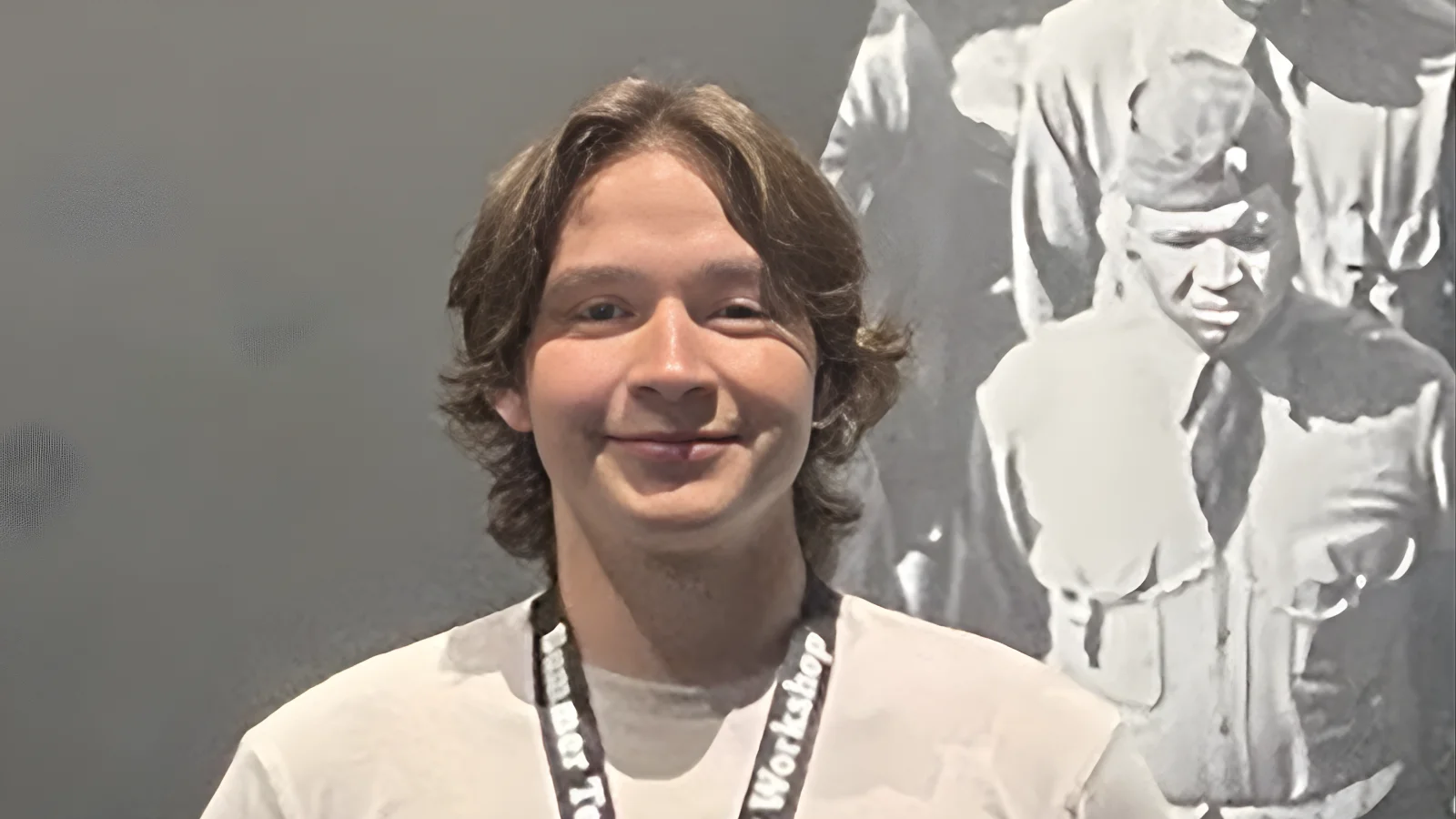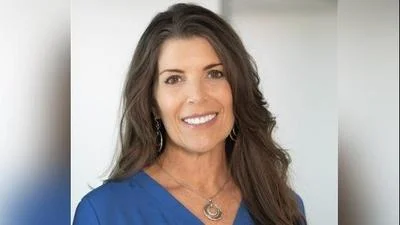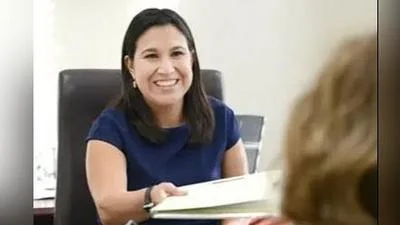Colby Johnson, a senior from Gladstone, Missouri, | Official Website
Colby Johnson, a senior from Gladstone, Missouri, | Official Website
A student from Northwest Missouri State University attended a national teacher professional development conference in New Orleans this summer, where he learned new strategies for teaching history from multiple perspectives.
Colby Johnson, a senior from Gladstone, Missouri, participated in the “Fighting for the Right to Fight: African American Experiences in World War II” conference. The event focused on the contributions of more than 1.2 million African American men and women who served in all branches of the U.S. military during World War II.
Johnson was selected through an application process as one of only 40 participants nationwide. He said the experience enhanced his knowledge as both a historian and educator, helping him feel more confident during his student teaching assignment.
“It was truly a life-changing experience for me as I head into the professional education world,” Johnson said. “I feel so much more qualified interacting with students in my student teaching position right now.”
Before attending the conference, Johnson already had a strong interest in teaching and recognized the importance of history education.
“I never really developed any kind of relationship with my history teachers throughout middle school and high school, but I always felt like history was the most important subject,” Johnson said. “I understand that not everyone loves history that much, but I want to be able to connect with my students and use history to give them a foundational understanding of why the world is the way it is.”
The National World War II Museum hosted four summer workshops aimed at current or preservice teachers and librarians. Participants received curriculum materials designed to help make historical topics and STEM subjects engaging for students.
Workshop sessions included discussions about oral histories, using primary versus secondary sources, and incorporating historical content into classroom lessons. Activities also involved hands-on experiences and field visits.
One visit took attendees to Whitney Plantation, which focuses on educating visitors about slavery’s history in the United States. Johnson described this day as particularly impactful.
“You could tell how moving the entire experience was for everyone who visited the plantation,” Johnson said. “And that was one of my favorite days because part of when learning about history becomes effective is when you can connect it to someone’s ethos, pathos and logos, drawing them in emotionally.”
Johnson emphasized that teaching history should go beyond dates and events by exposing students to diverse experiences.
“It’s important for me to be a responsible history teacher and to do the best I can to incorporate multiple perspectives in my classroom,” Johnson said. “When you focus on one singular viewpoint, you are not really learning the whole of what happened. There isn’t one group of people that is more important than another; everyone matters.”






 Alerts Sign-up
Alerts Sign-up